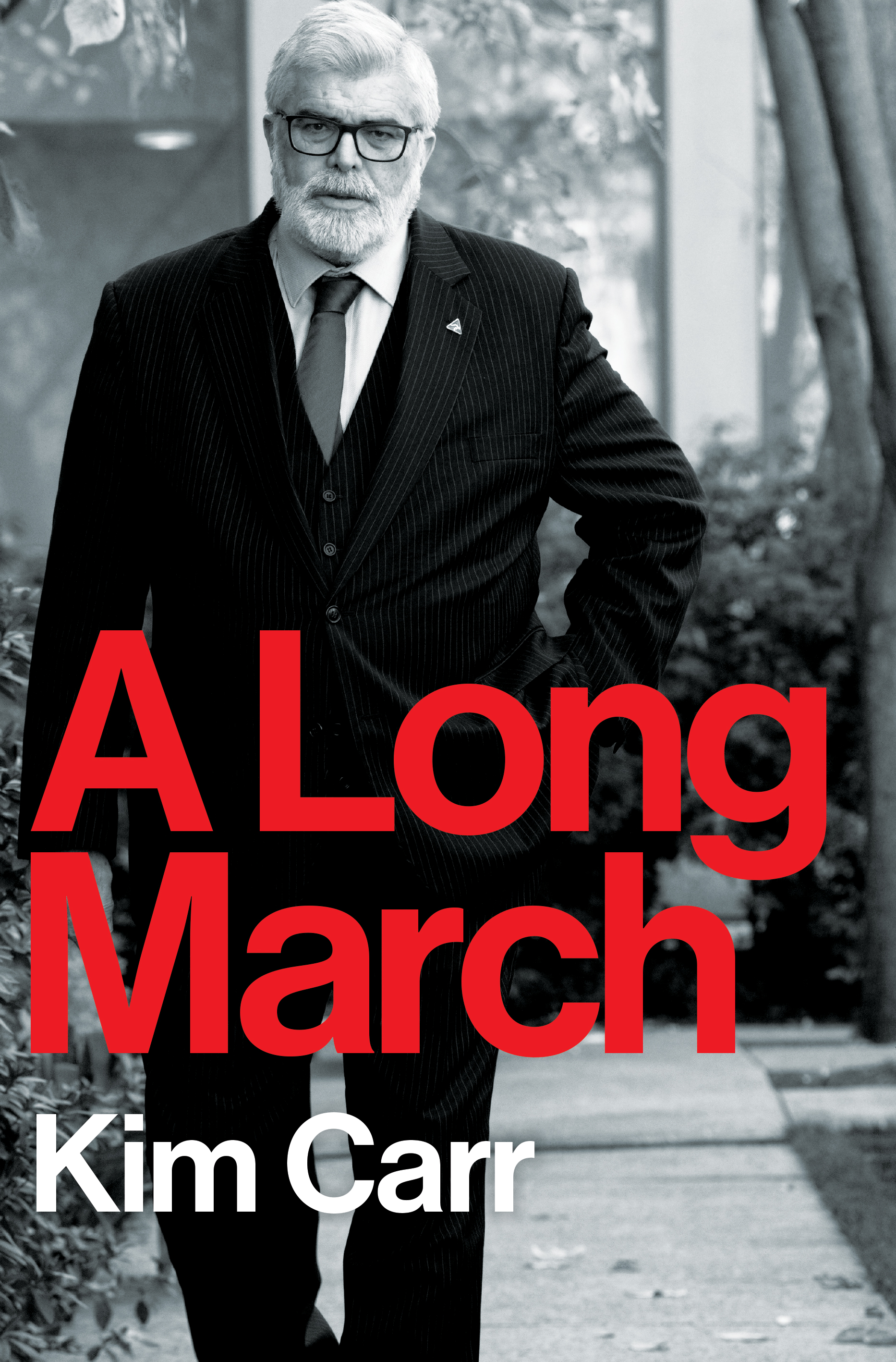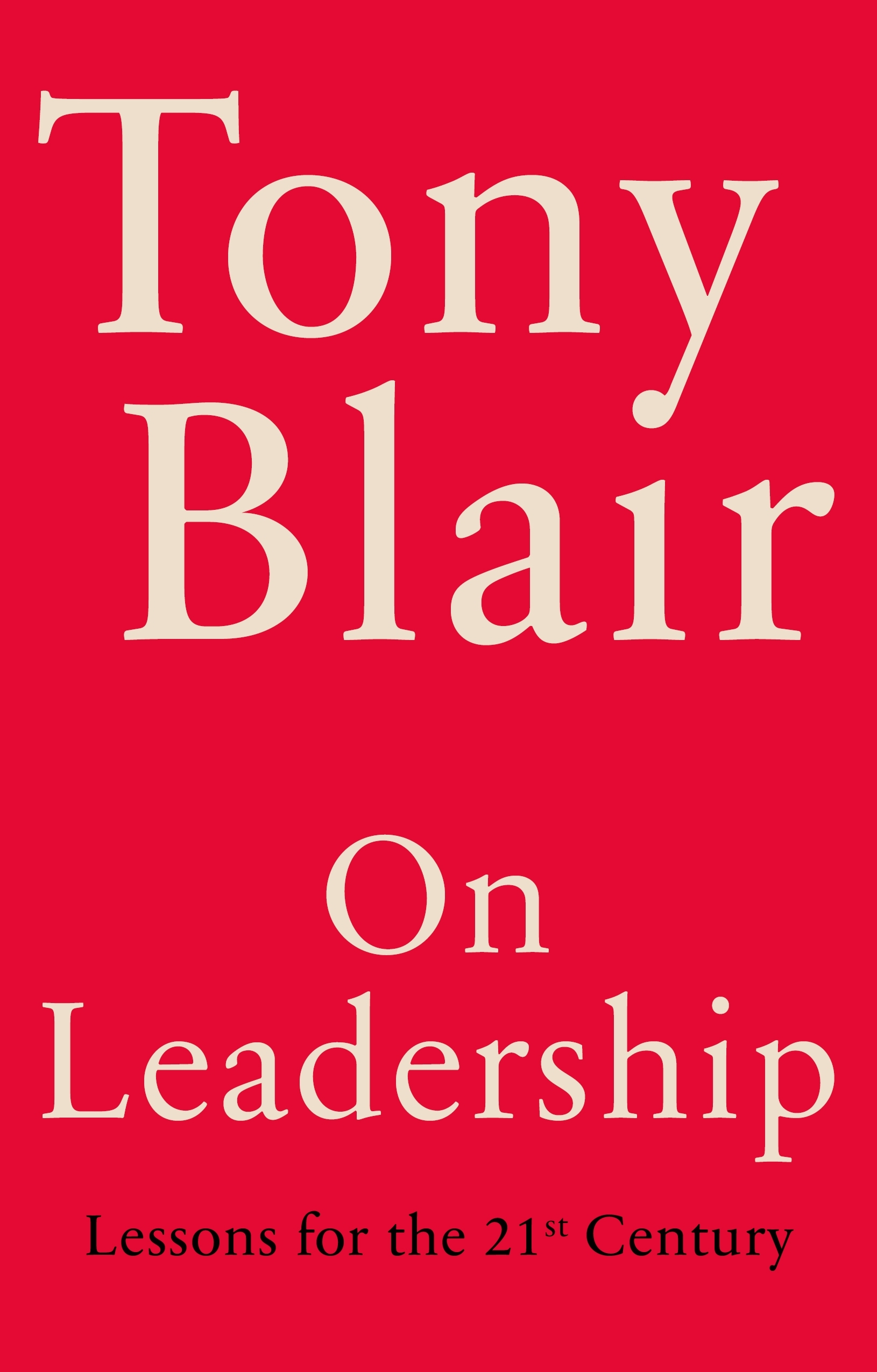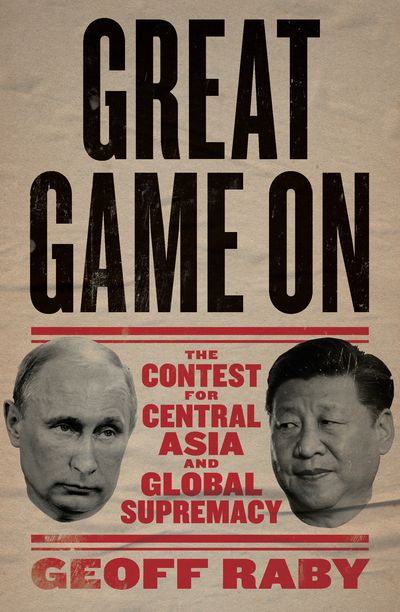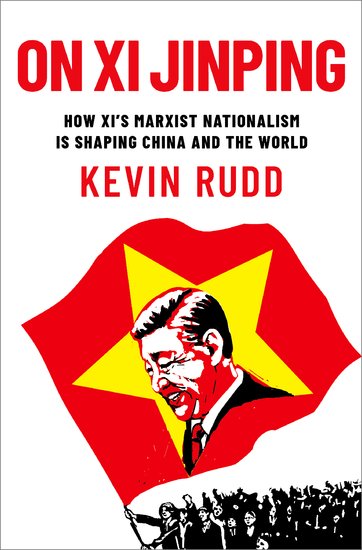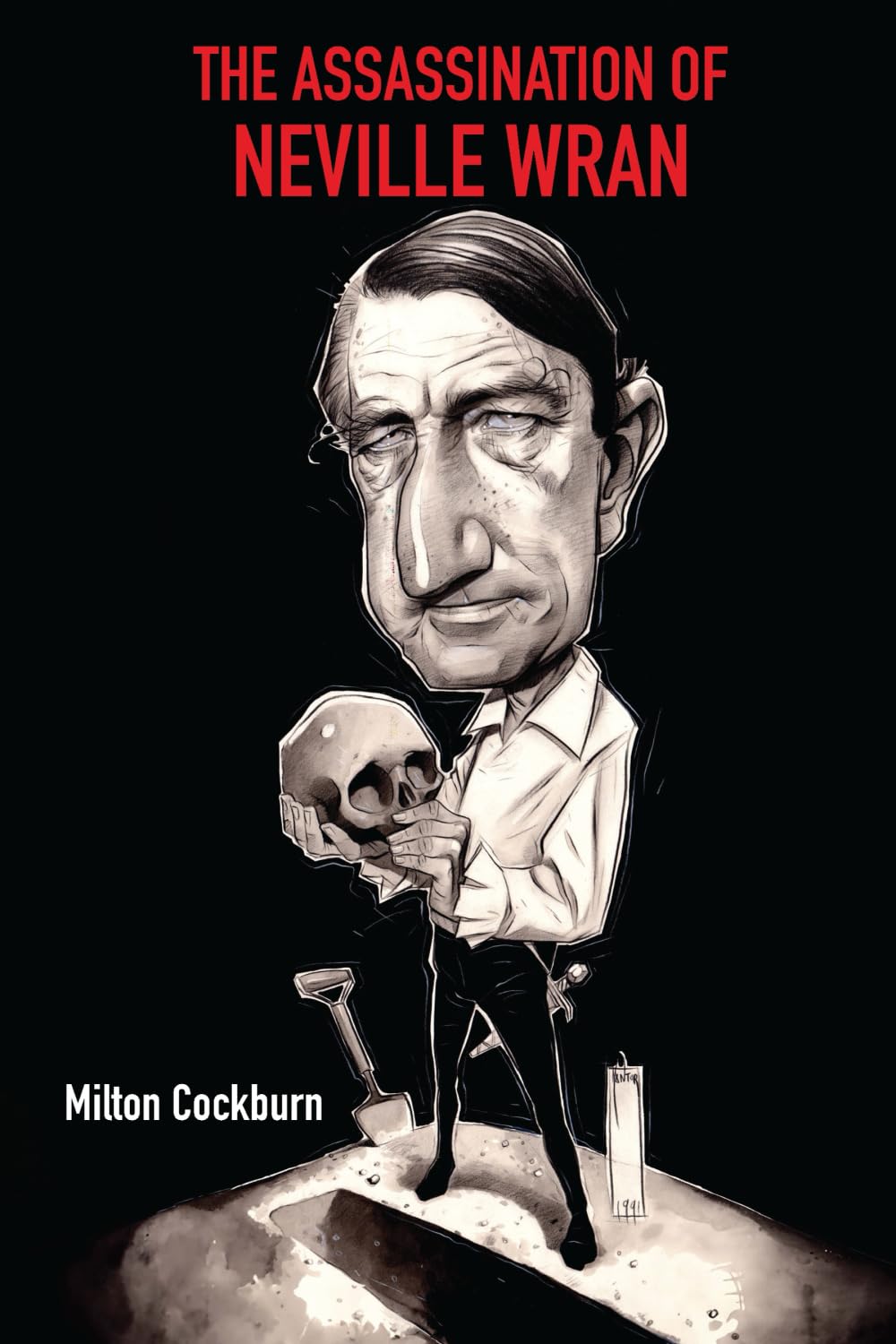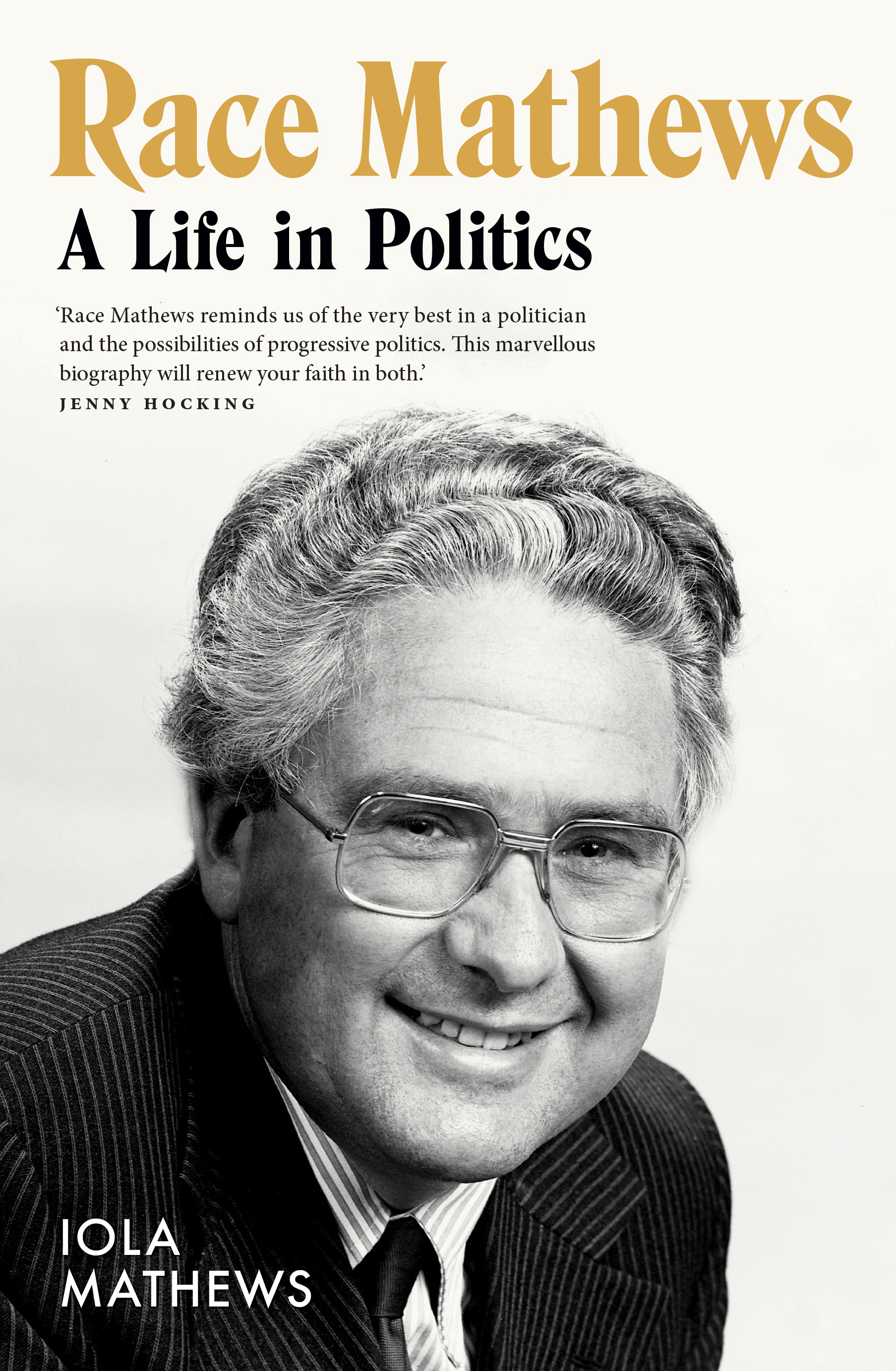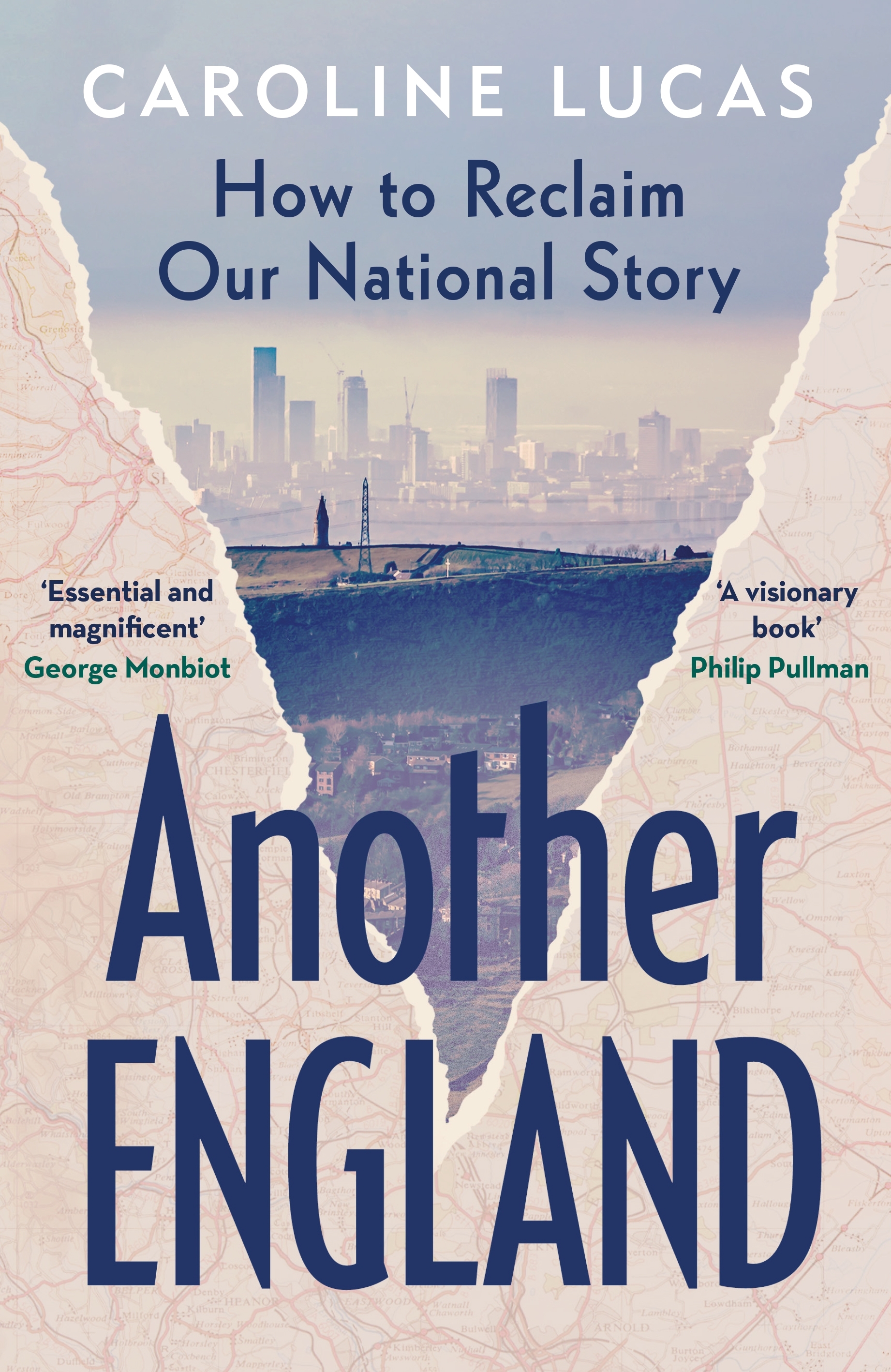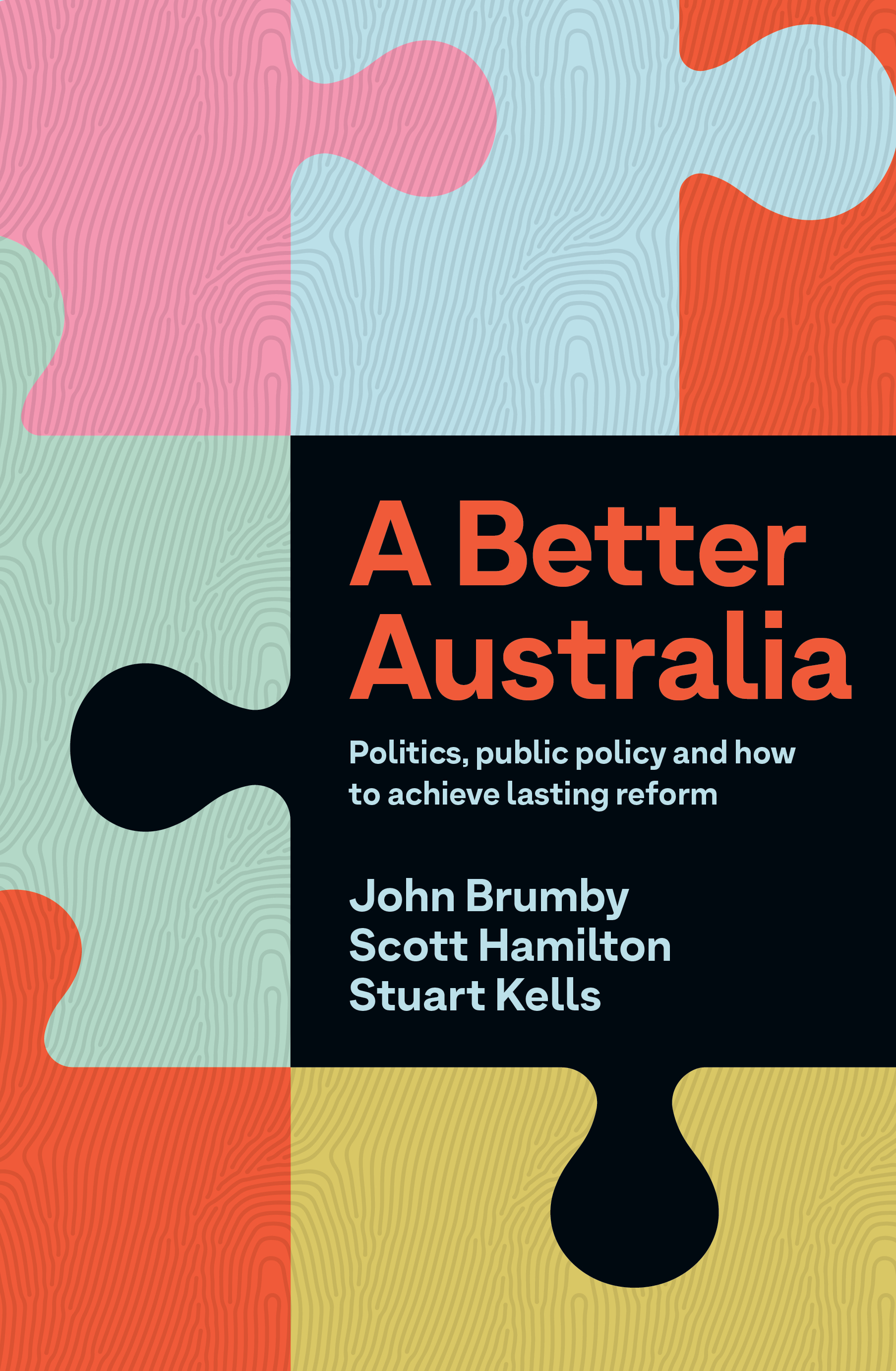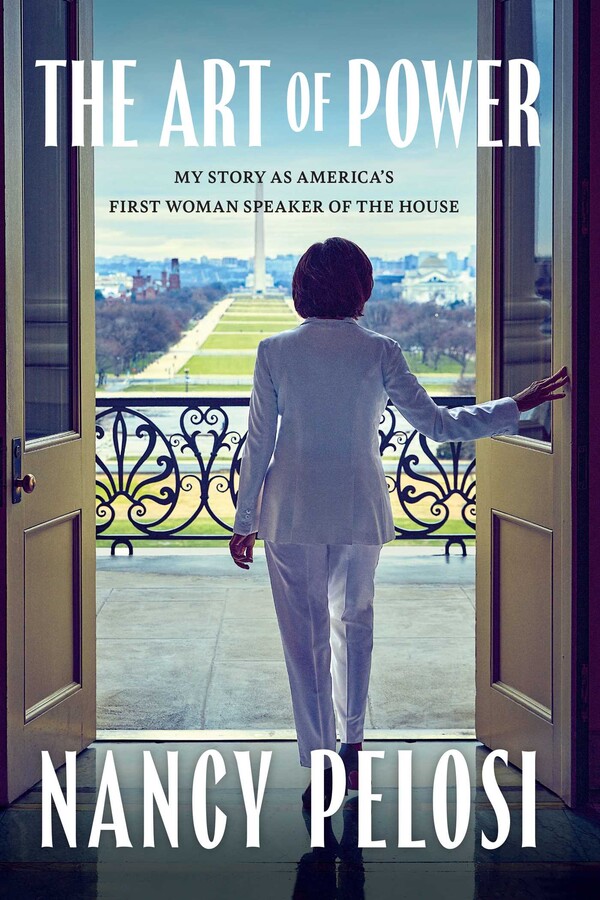Politics
Criticisms first. Kim Carr’s insightful yet evasive memoir, A Long March, reads more like a short march. As a key left factional leader in the Australian Labor Party for the best part of forty years, the former Victorian senator squibs on details. He doesn’t explain the subterranean workings of the ALP; doesn’t fess up on the genesis of his feuds with the likes of Julia Gillard, Kim Beazley, Greg Combet, Anthony Albanese, and John Cain; doesn’t come clean on the part he played in the fall of the Gillard government in 2013; and doesn’t take his share of responsibility for the Rudd-Gillard-Rudd governments’ failure to implement his laudable industry policies. This book should be more revealing, much longer, and much more reflective.
... (read more)On Leadership: Lessons for the 21st century by Tony Blair
The satirical magazine Private Eye hit the mark with its characterisation of Tony Blair. He was the Rev. ARP Blair MA (Oxon), the pally, trendy, and earnest vicar of St Albion addressing his flock through the parish newsletter. The good vicar would frequently mangle or repurpose Scripture in service to his own agenda. It is delightful, therefore, to see glimpses of this memorable character up to his old tricks in this volume by @realtonyblair, decades after his departure from office (Blair was prime minister from 1997 to 2007). Did you know, for example, that Moses might have boosted his leadership performance by doing more to take control of the narrative of his journey?
... (read more)Great Game On: The contest for central Asia and global supremacy by Geoff Raby
The title and cover of Great Game On tell us that a struggle is underway between Russia and China for supremacy in Central Asia. But by the time the reader has reached the book’s end, they are persuaded that China has already won and that there is more than just Central Asia at stake.
... (read more)On Xi Jinping: How Xi’s Marxist Nationalism is shaping China and the world by Kevin Rudd
How does Xi Jinping think? China’s leader since late 2012 is one of the most important but least accessible people in the world. He does not give interviews. His lieutenants do not leak to reporters. His associates do not write tell-all memoirs. The Chinese Communist Party is a secretive organisation that dominates the country’s information ecosystem by censoring speech and crushing dissent. We therefore know precious little about how decisions get made in Beijing.
... (read more)Neville Wran (1926-2014) was a great Australian success story. His early childhood was spent in the Sydney suburb of Balmain, long before it was gentrified. He won a scholarship to study at the selective Fort Street Boys’ High School and then completed a law degree at Sydney University. Wran subsequently enjoyed a lucrative career as a Sydney lawyer, ultimately becoming a Queen’s Counsel (1968).
... (read more)I first encountered Race Mathews in the early 2000s, around the time of the publication of my biography of Jim Cairns. He struck me as reserved and cerebral, but generous. As national secretary of the Australian Fabian Society, he invited me to deliver a talk about the biography at the Melbourne Trades Hall. Following Cairns’s death in late 2003, Mathews initiated a Jim Cairns Memorial Lecture as a joint endeavour between the Fabian Society and several university ALP clubs. What struck me about this was that Mathews and Cairns had been from different wings of the Labor Party, the former probably the most fervent disciple of Gough Whitlam, a philosophical and leadership rival to Cairns, and yet here he was helping to preserve the memory of Cairns. It suggested a refreshing ecumenicalism, an open-minded, enquiring spirit.
... (read more)Another England: How to reclaim our national story by Caroline Lucas
Caroline Lucas, the former leader of the Greens in England and Wales, wants her country back. This has become a familiar refrain in the past decade. The success of radical-right, far-right, and hard conservative parties in increasing their vote share in Europe has alarmed many progressives. The steady support for Donald Trump in the United States, despite – or because of – attempts to undermine the democratic process and wind back the social gains of the past two generations, also revives historically inflected fears of the ultra-nationalism of the 1930s. A restorative nostalgia for a time when their nation was great, or simply better than it is now, animates all these insurgent movements from the right.
... (read more)A Better Australia: Politics, public policy and how to achieve lasting reform by John Brumby, Scott Hamilton, and Stuart Kells
It is a sign of the times that A Better Australia: Politics, public policy and how to achieve lasting reform begins with a discussion of climate and energy policy. No policy field better illustrates the deficiencies in Australia’s politics over the past generation. It is a tale, as one of the book’s authors, John Brumby, reminds us, of avoidable failure and lost opportunities, as the issue was subjected to the narrower, more immediate incentives offered by partisanship and opportunism.
... (read more)The Art of Power: My story as America’s first woman Speaker of the House by Nancy Pelosi
As leading US historian Eric Foner wrote in his classic account, The Story of American Freedom (1999), it is the ‘story of freedom’ that conveys Americans’ favourite idea of itself. Of course, its meaning and uses change over time. It is a flexible value. We only need to look at candidates’ promises in the US election, with Kamala Harris declaring, ‘We choose freedom’ and Donald Trump (‘We believe in the majesty of freedom’) planning to build ten new futuristic ‘freedom cities’.
... (read more)A recent advertisement in The Guardian headed ‘Can’t get enough of the US election?’ prompted reflections on our seeming obsession with the current presidential campaign. Myriad readers follow the contest closely, almost compulsively. On the hour, we check the major websites for the latest polls or Trumpian excesses. In a way, the election feels more urgent, galvanising, consequential, and downright entertaining then next year’s federal election.
... (read more)
